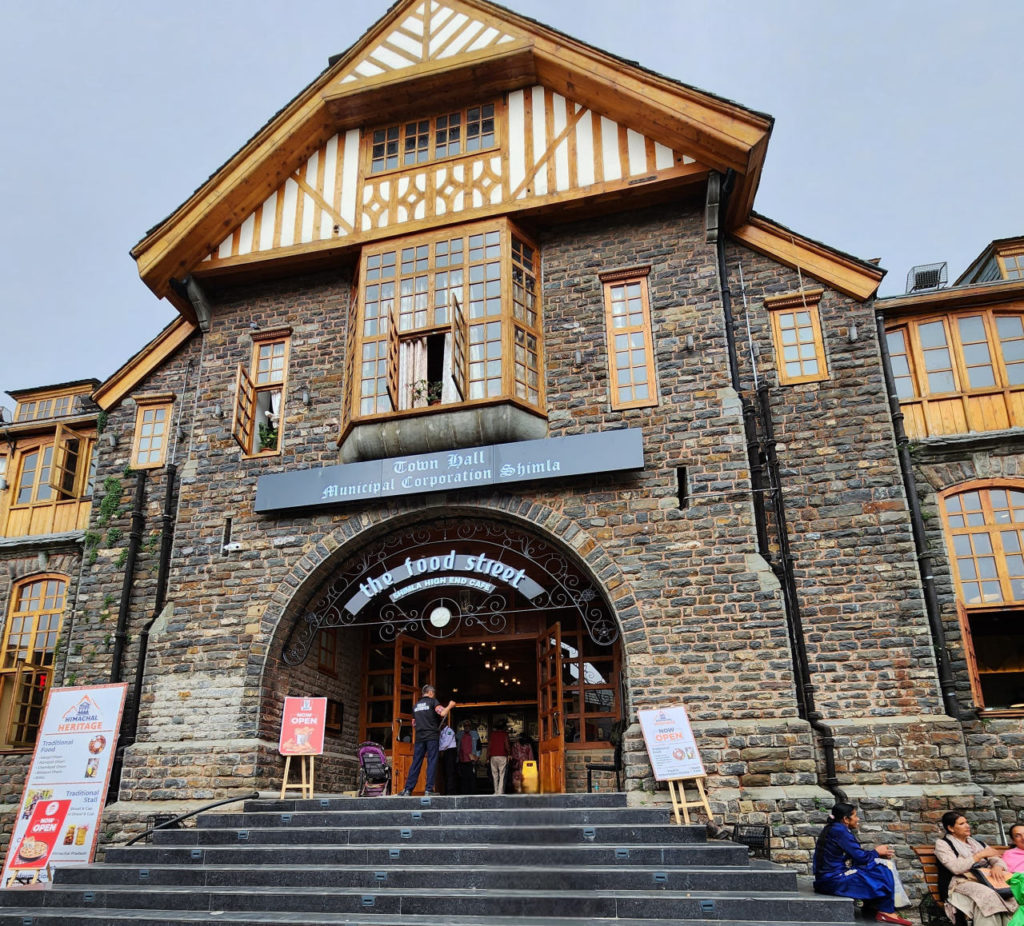
Shimla – In a landmark decision, the Himachal Pradesh High Court has banned the operation of food cafes within Shimla’s historic Town Hall. The court’s directive comes as a response to a plea filed by advocate Abhimanyu Rathore, who argued that converting the heritage property into a high-end café violated the Ancient Monuments and Archaeological Sites and Remains Act 1958, TCP Act.
The court singled out Devyani International Company, the food court operator, ordering an immediate cessation of operations until the next hearing. The Town Hall, recently refurbished at a significant cost with assistance from the Asian Development Bank, holds a special place in Shimla’s history and architecture.
A division bench of Chief Justice MS Ramachandra Rao and Justice Jyotsna Rewal Dua emphasized the priceless nature of heritage sites and their significance as public treasures. The court underscored the need to preserve such historical landmarks in the public trust for future generations. The judges argued that the operation of a food café within the iconic building posed a threat to its heritage value, potentially causing irreparable damage.
Public interest took precedence over personal interests in the court’s ruling, as it expressed concern that the continued operation of the food court would exert undue pressure on the property. The court directed the Municipal Corporation Shimla Commissioner to ensure immediate compliance with the order, underscoring the urgency of safeguarding the Town Hall’s heritage.
During the two-day hearing, the court lamented the lack of satisfactory responses from key stakeholders, including the state government, the municipal corporation, and the HP Infrastructure Development Bank. To address the unresolved questions, the court ordered the State Heritage Advisory Committee from the Advocate General’s Office to conduct a comprehensive review and submit a report before the next hearing scheduled for March 14.
As the legal proceedings unfolded, it became evident that the court considered the preservation of heritage as a paramount duty. The High Court’s decision to halt the food court’s operation serves as a stern warning against compromising the integrity of historical landmarks for commercial interests. The Town Hall, steeped in history, now awaits the outcome of further legal deliberations to determine its fate in the ongoing battle between preservation and development.










